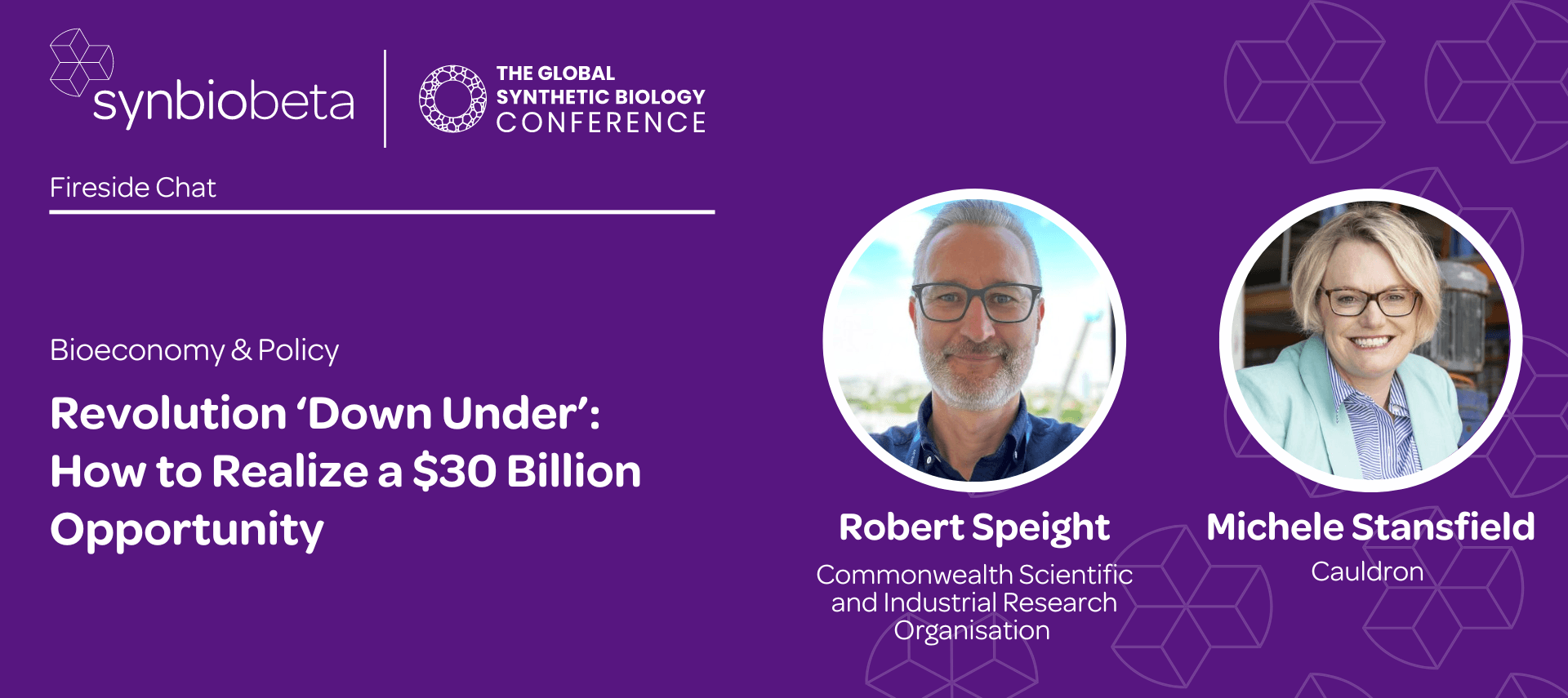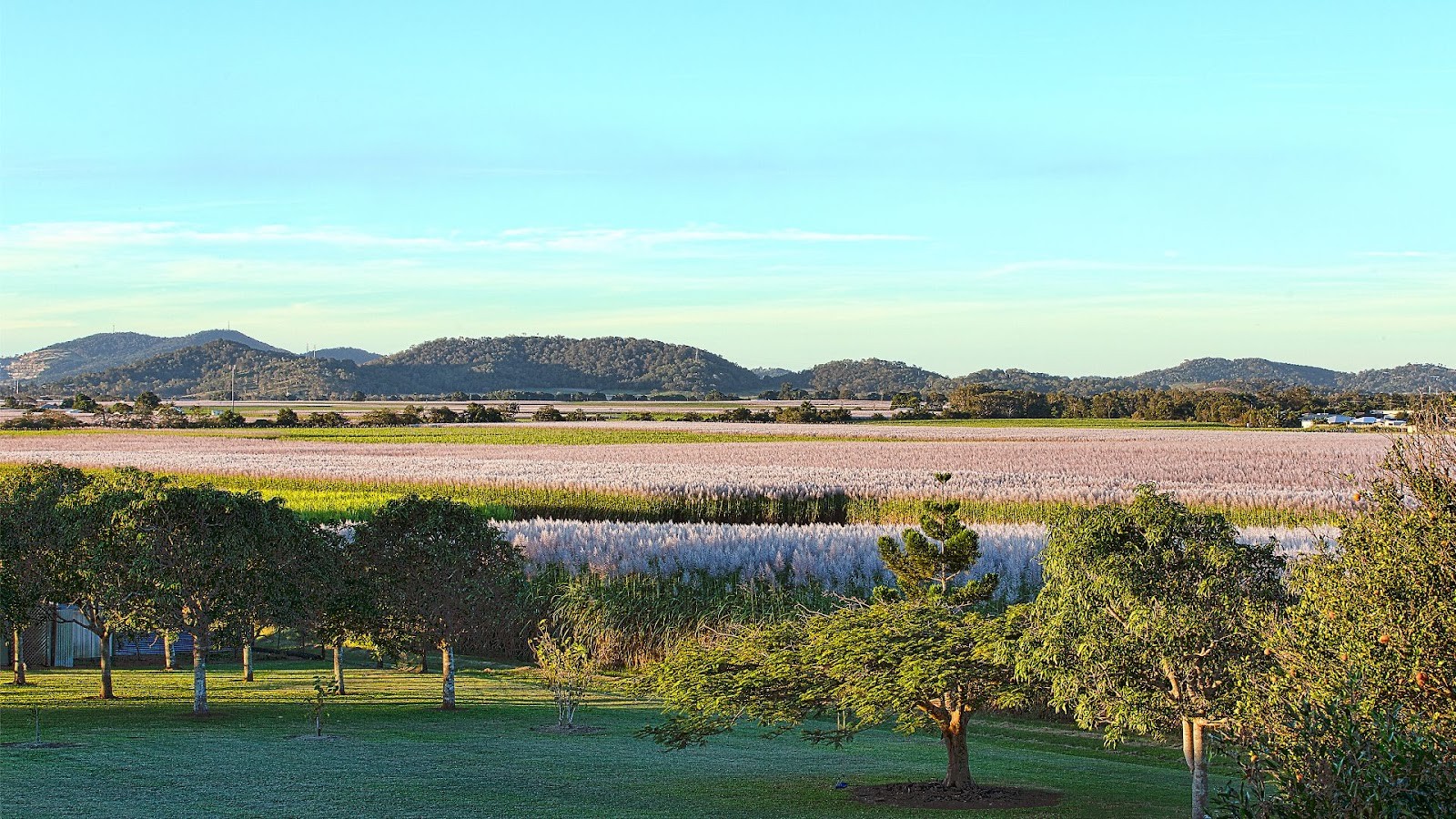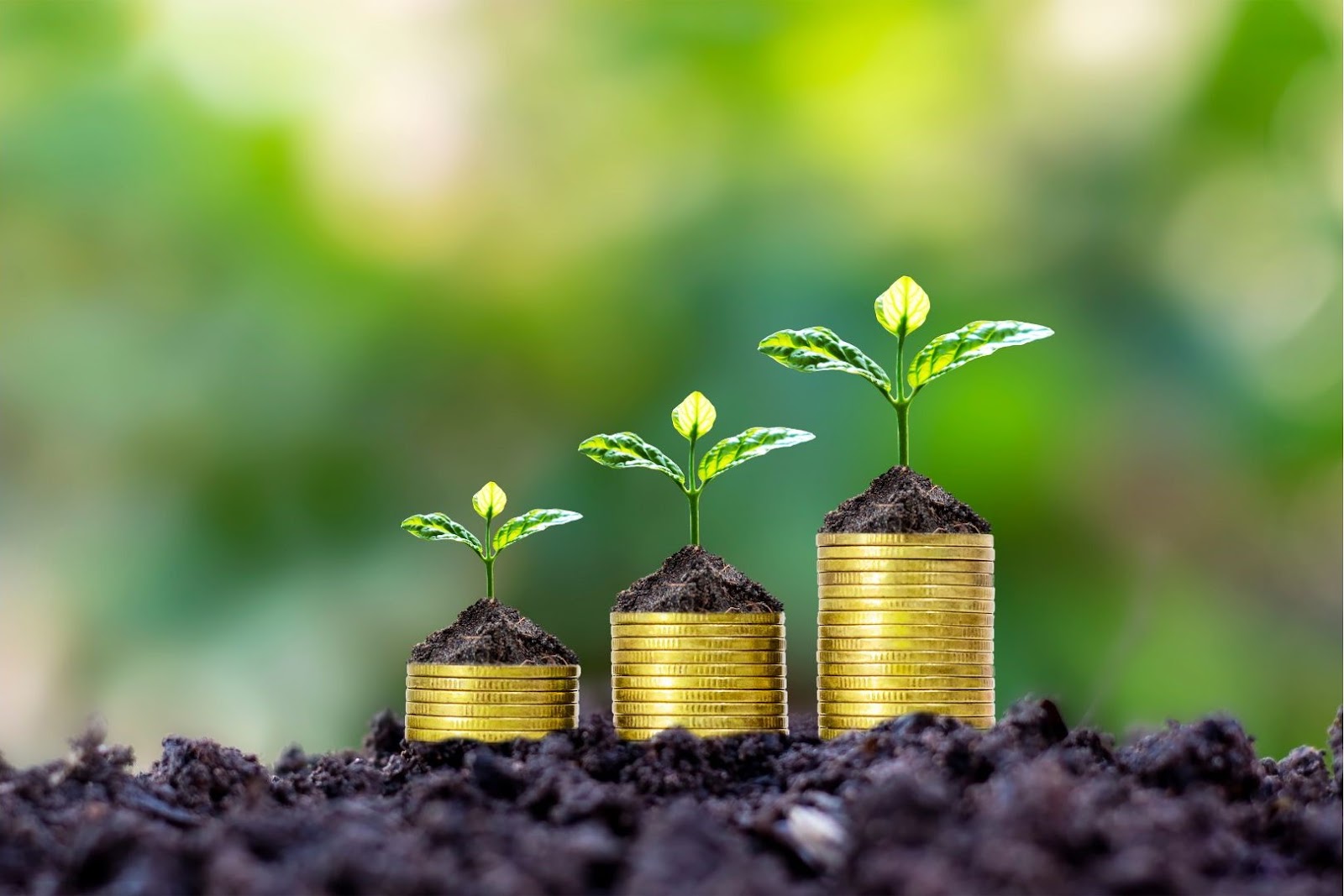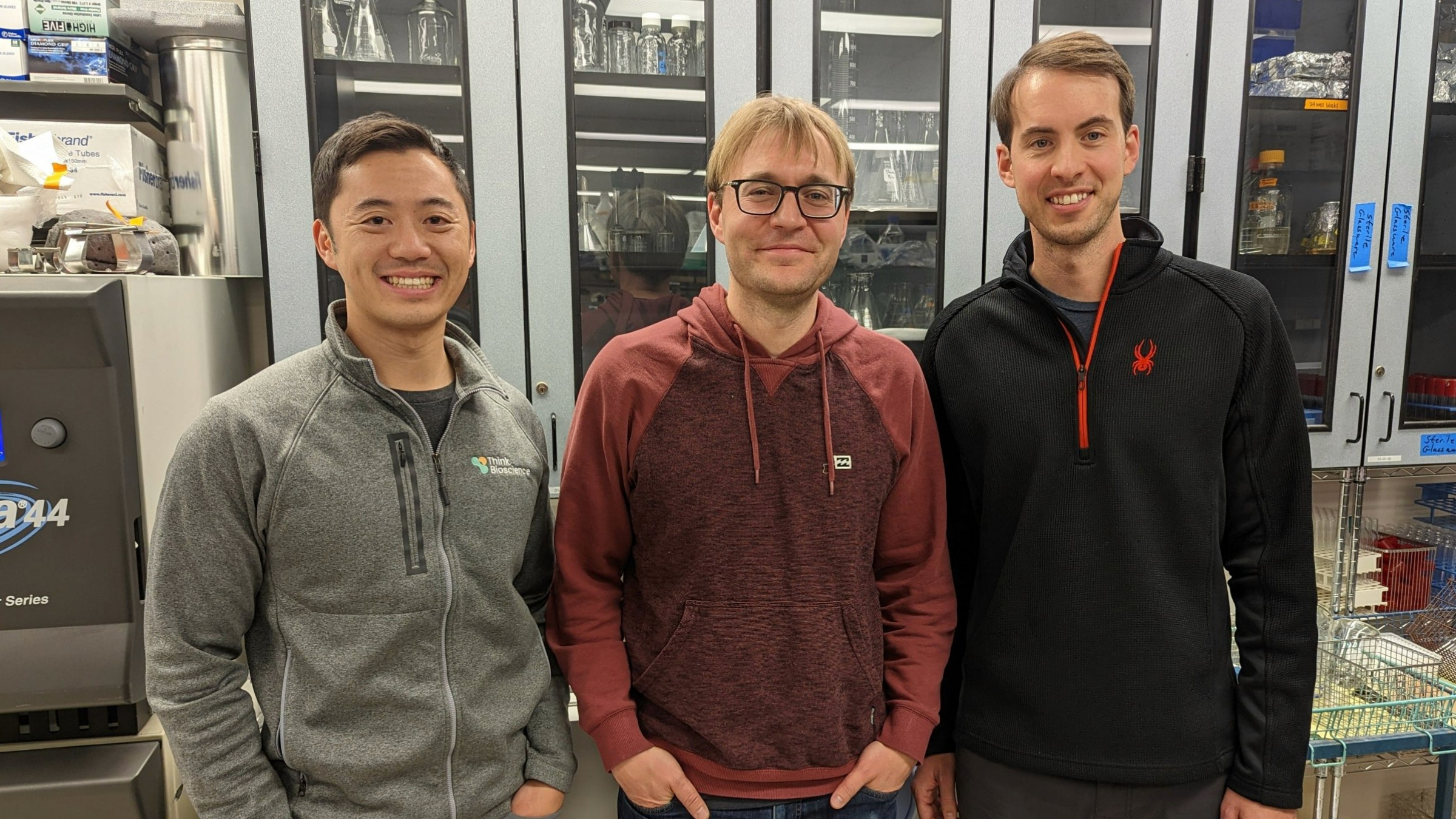Building a Synthetic Biology Future in the Land Down Under
Government policy support for domestic manufacturing and sustainability is fueling Australia’s synthetic biology ecosystem
[DALL-E]
When people mention Australia, the first thing that comes to mind may be koalas and kangaroos. But what if I told you that Australia could be the next biotech hotspot? The Australian Government has prioritized securing the nation’s sustainable future through investment in renewable energy, biotechnology, and biomanufacturing. Synthetic biology is key to achieving those goals, and Australia is investing heavily in building a strong synbio ecosystem.
Australian delegation had a big presence at this year’s SynBioBeta conference. Dr. Robert Speight, the Director of the Advanced Engineering Biology (AEB) Future Science Platform (FSP) at the Commonwealth Scientific and Industrial Research Organization (CSIRO), hosted a fireside chat together with co-founder and CEO of biotech company Cauldron, Michele Stansfield. In their presentation at this year's conference, the two discussed the unique advantages of Australia’s synthetic biology ecosystem and how the nation could capitalize on the $30 billion bioeconomy opportunity by 2024.

Capitalizing on Natural Resources
Australia boasts a large landmass and an abundance of natural resources. For years, it has been a major exporter of raw commodities like sugarcane. However, the nation is now shifting its priority from exporting raw materials and importing products to strengthening domestic manufacturing.
“Probably the biggest competitive advantage that Australia has for biomanufacturing is our feedstock supply,” says Adrian Cullen, Senior Investment Advisor at the Australian Trade and Investment Commission (Austrade). “Australia is one of the largest producers of sugarcane in the world. We could be getting a lot more value out of this sugar by using it as a feedstock for the biomanufacturing industry rather than a commodity.”
Sugarcane is not the only resource that could be utilized by the synthetic biology industry. The ARC Centre for Excellence in Synthetic Biology has been prioritizing converting agricultural biomass and municipal waste into value-added products, from jet fuel to sustainable dyes, to create a circular economy that both benefits the environment and strengthens domestic supply chains.

Government Policy Support
The Australian government, headed by Prime Minister Anthony Albanese, has put sustainability, energy independence, and supply chain resiliency at the forefront of its policy agenda. The government support goes beyond just words: the Federal Budget update in mid-May included the $22.7 billion Future Made in Australia package to build a robust domestic manufacturing ecosystem. Additional support comes from the National Reconstruction Fund, a $15 billion fund designed to reignite domestic manufacturing, secure domestic supply chains, and drive advanced industry initiatives, including biomanufacturing.
The Made in Australia policy (equivalent to the U.S. Inflation Reduction Act) signaled continued support for biotechnology and biomanufacturing. In his ‘Future Made in Australia’ speech, the Prime Minister addressed revitalizing Australian manufacturing by focusing on sustainable industries, leveraging regional resources, building a highly trained workforce, and creating high-paying jobs.

CSIRO plays a large part in training the biomanufacturing workforce and supporting the growing synthetic biology industry. The government-funded institute has established the Synthetic Biology Future (SBF) Science Platform to catalyze innovation, support partnerships and collaborations, and build foundational capabilities to support the growing synbio community. CSIRO’s venture arm, Main Sequence Ventures, was founded in 2017 to address the 'valley of death' between research and commercialization. Since then, Main Sequence has invested over $1 billion in 51 companies over three funding rounds.
The Australian state of New South Wales has been especially proactive when it comes to investing in synthetic biology initiatives. The state has created Emerging Industry Infrastructure Fund for Synthetic Biology and Biomanufacturing. It has funded two university-led consortia, including a public-private partnership between Macquarie University, Bioplatforms Australia, Vow, the NSW Department of Primary Industries, and Nourish Ingredients.
The project supports for the Australian Genome Foundry to provide research facilities for startups to prototype, test, and scale up their products and processes. This shared infrastructure platform is meant to help companies attract investment without compromising their IP ownership.
Building Infrastructure Capacity
Infrastructure and capacity building are important steps in establishing a strong domestic biomanufacturing base. In addition to the Australian Genome Foundry, Co-Labs Australia provides other infrastructure-sharing space. Located in Melbourne, Co-Labs has fully equipped wet and dry labs and advanced instruments to provide members with access to equipment, technology, and services necessary for startups to test their products.
“The work that Co-Labs is doing is opening up the model and getting more people involved in the synbio world,” says Alinta Furnell, co-founder & Co-CEO of Australia’s synbio startup Synbiote, which is dedicated to improving global welfare through biotechnology. Furnell will be the Climate Tech & Environment Track Chair at the next SynBioBeta conference.

A highly successful example of building fermentation capacity is Cauldron, which secured $10.5 million in seed funding in March 2023. Cauldron has developed a ‘hyper-fermentation’ platform that utilizes a continuous fermentation process. This technology is meant to de-risk the path to commercialization for precision fermentation companies by increasing the process efficiency fivefold. Cauldron is providing its technology to Australian startups such as Uluu, Eden Brew, and Nourish Ingredients.
Earlier this year, Cauldron received a license to produce animal-free proteins at a 10,000 L scale. This announcement reflects the push to develop scale-up infrastructure. At the same time, Queensland University of Technology announced a $3.9 million expansion of the QUT Mackay Renewable to Biocommodities Pilot Plant, part of a $16 million upgrade to transform the pilot plant into a large-scale food-grade facility with co-investment by Australia’s Food and Beverage Accelerator (FaBA).
Bringing SynBio Products to the Masses
Not surprisingly, the investment in talent and infrastructure is starting to bear fruit as synbio companies move towards commercialization phase.
Perth biotech startup Uluu has launched its first commercial product in collaboration with iconic surf brand Quiksilver. Quiksilver’s boardshorts now feature a unique addition: wax combs made from Uluu’s seaweed-based alternative to plastic. Uluu’s production process involves farming seaweed, which removes carbon dioxide removal and absorbs pollution from the oceans. With $8 million seed funding led by CSIRO’s Main Sequence, Uluu has received endorsements from the likes of Karlie Kloss and Kevin Parker of Tame Impala.
Another Australian biotech, Eden Brew, is making animal-free dairy proteins through precision fermentation. Last October, Eden Brew secured $24.5 million in Series A (led by Next Sequence Ventures) and attracted capital from Australian rock celebrities. Eden Brew has developed the world’s first animal-free casein micelle, the key ingredient for emulating the taste and texture of dairy, and is planning to use the funds to launch its ice cream product.
To stay on the topic of food, Vow has been called the "spaceship" of the cultured meat industry by the Atlantic. And for a good reason: this cultured meat company is developing not just meat substitutes but exotic, novel, and unique meats, like their ‘mammoth meatballs,’ created using mammoth DNA. Vow just launched cultivated quail in Singapore, so perhaps mammoth meatballs are not too far off.
Other companies, such as Number 8 Bio and Nourish Ingredients, are also developing methods to reduce the emissions associated with food production. On the other hand, startups like Newera Bio and Synbiote are addressing the environmental footprint of materials such as textiles and plastics by transforming the way they are made. For instance, Synbiote is working on producing high-performance, engineering-grade materials from biowaste.
Is Australia the Next SynBio Hotspot?
My conversations with Australia’s synbio community representatives have left me with the impression that there is so much happening in the Land Down Under it’s at the point of stealing the limelight from the U.S. and Europe: “There are a lot of really great programs in Australia,” says Furnell. “We have a lot of good universities and exceptional talent.”
Furnell says that thanks to the investment from the government, its close-knit synbio community and growing infrastructure, Australia a great place to do R&D. For example, the Australian government has rebate programs and tax incentives on investments into R&D, which has incentivized some U.S. companies to start subsidiaries in Australia.
“I think we are going to see a lot more synbio companies coming out of Australia soon,” forecasts Furnell.




















